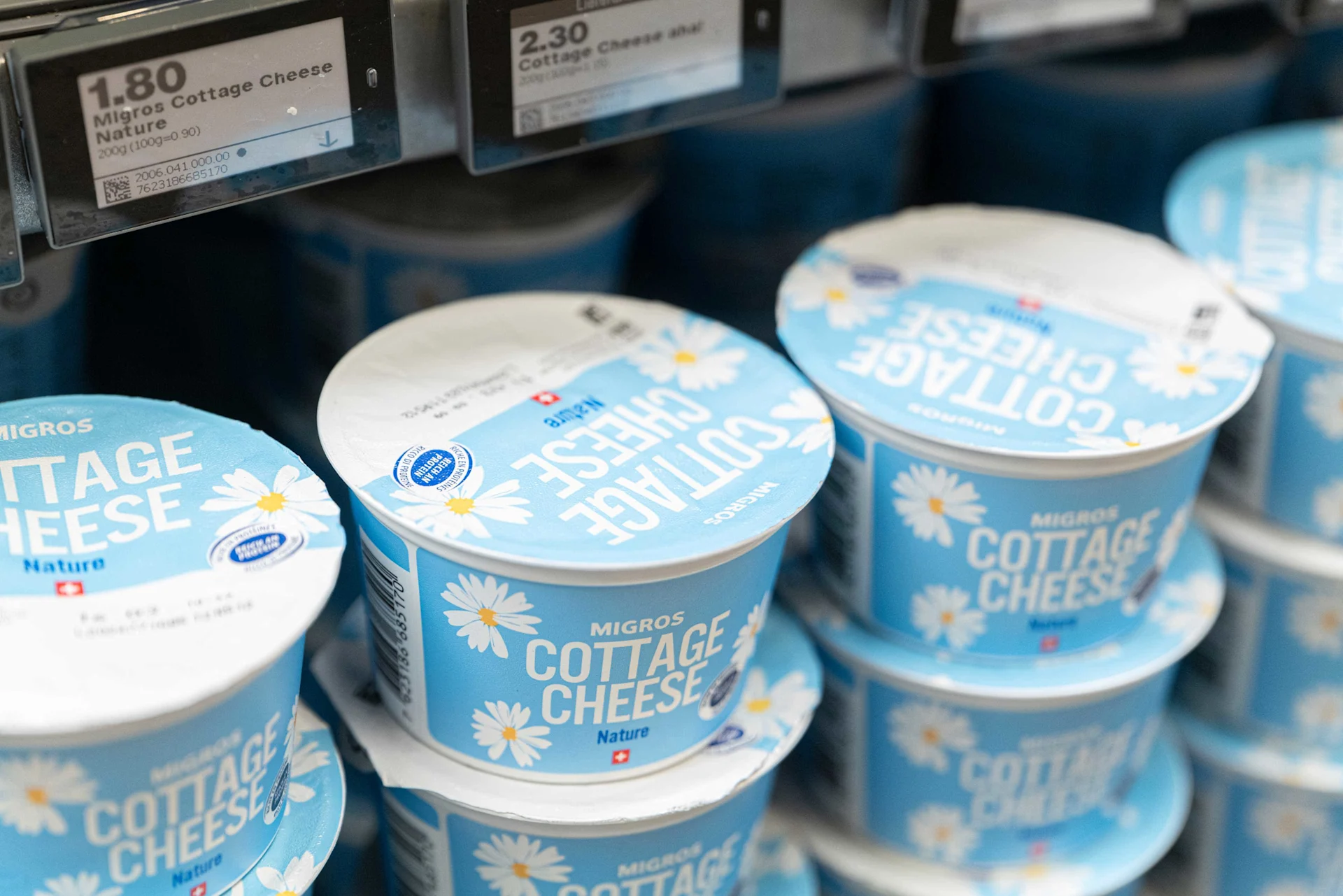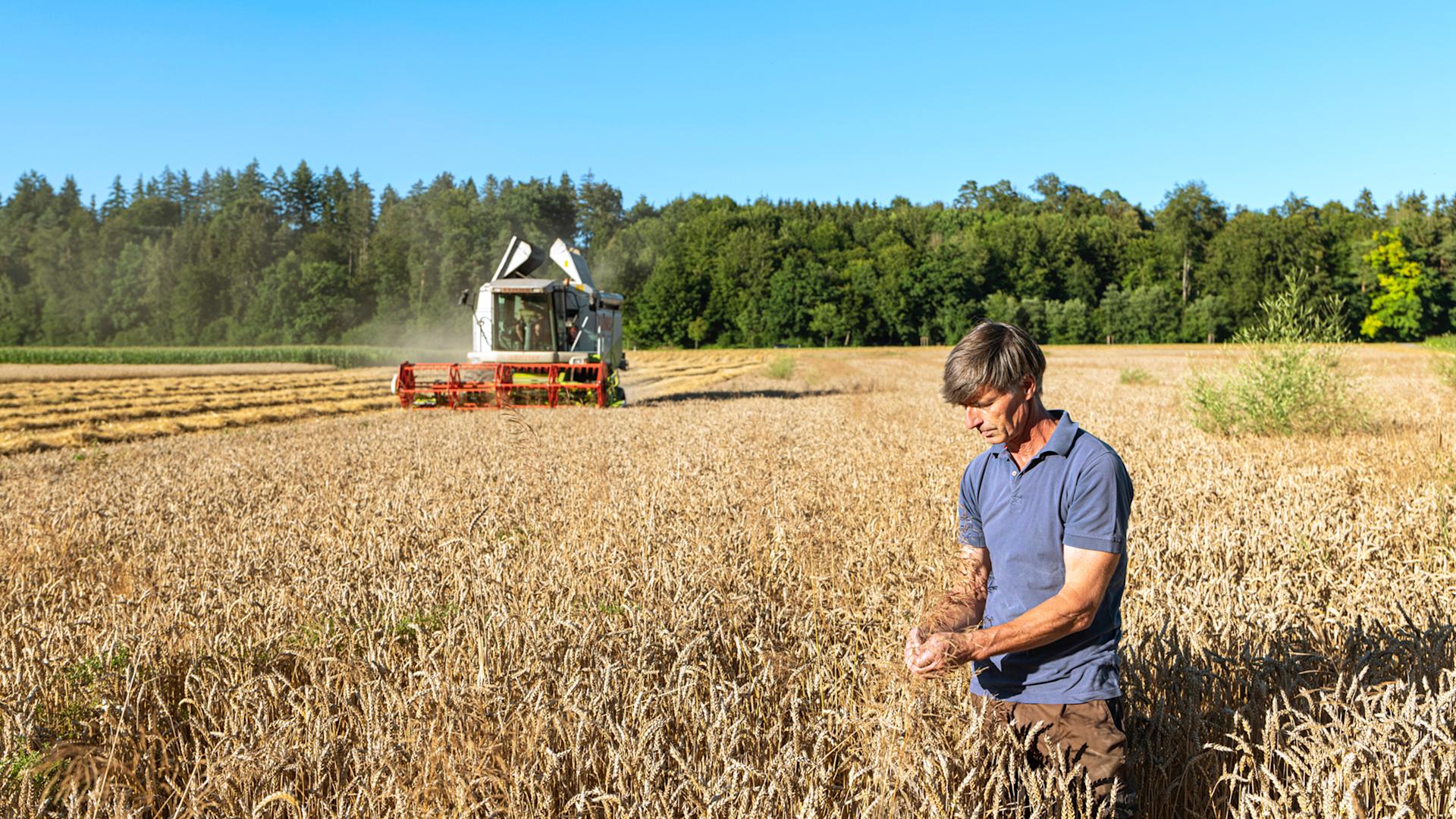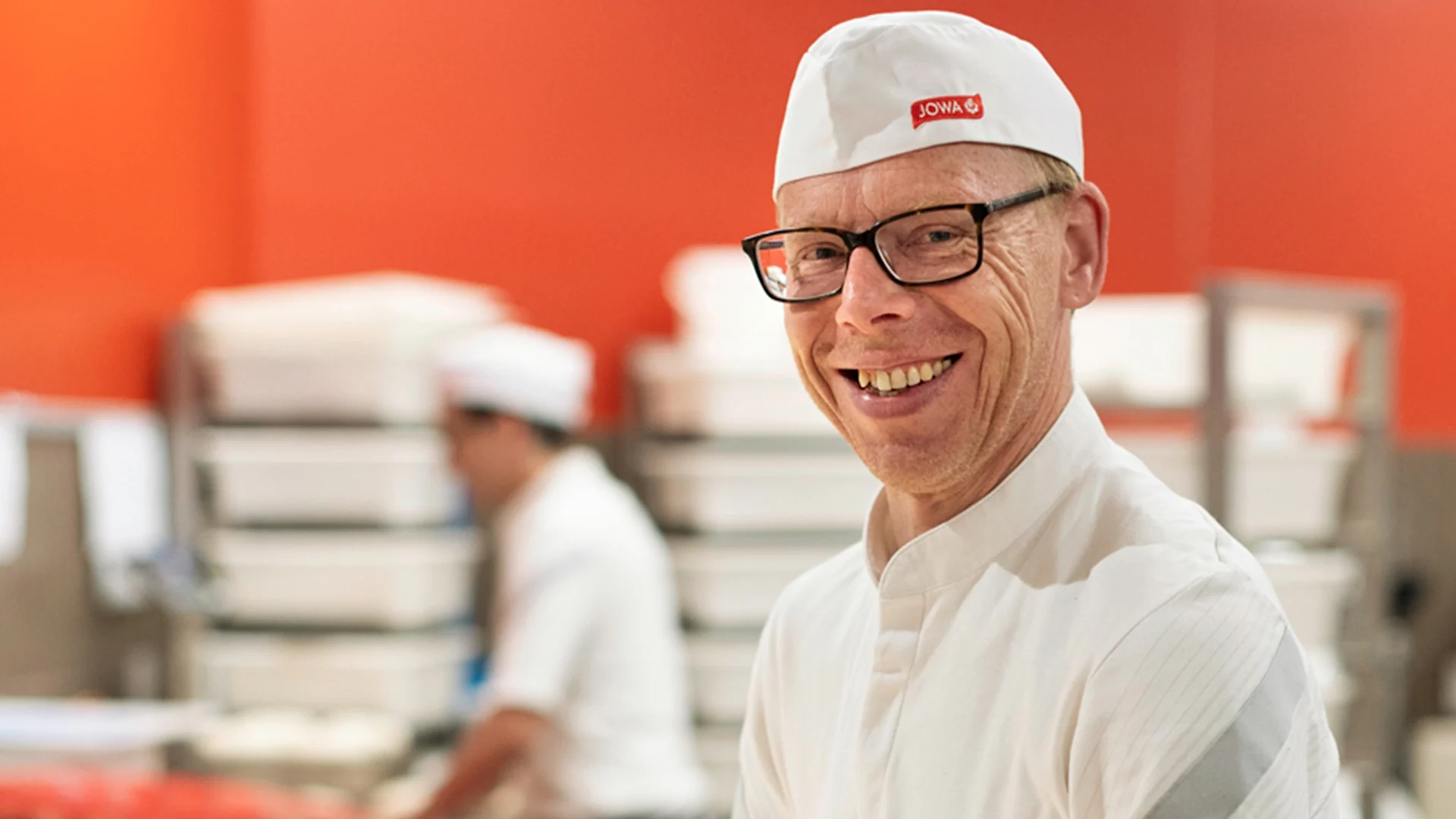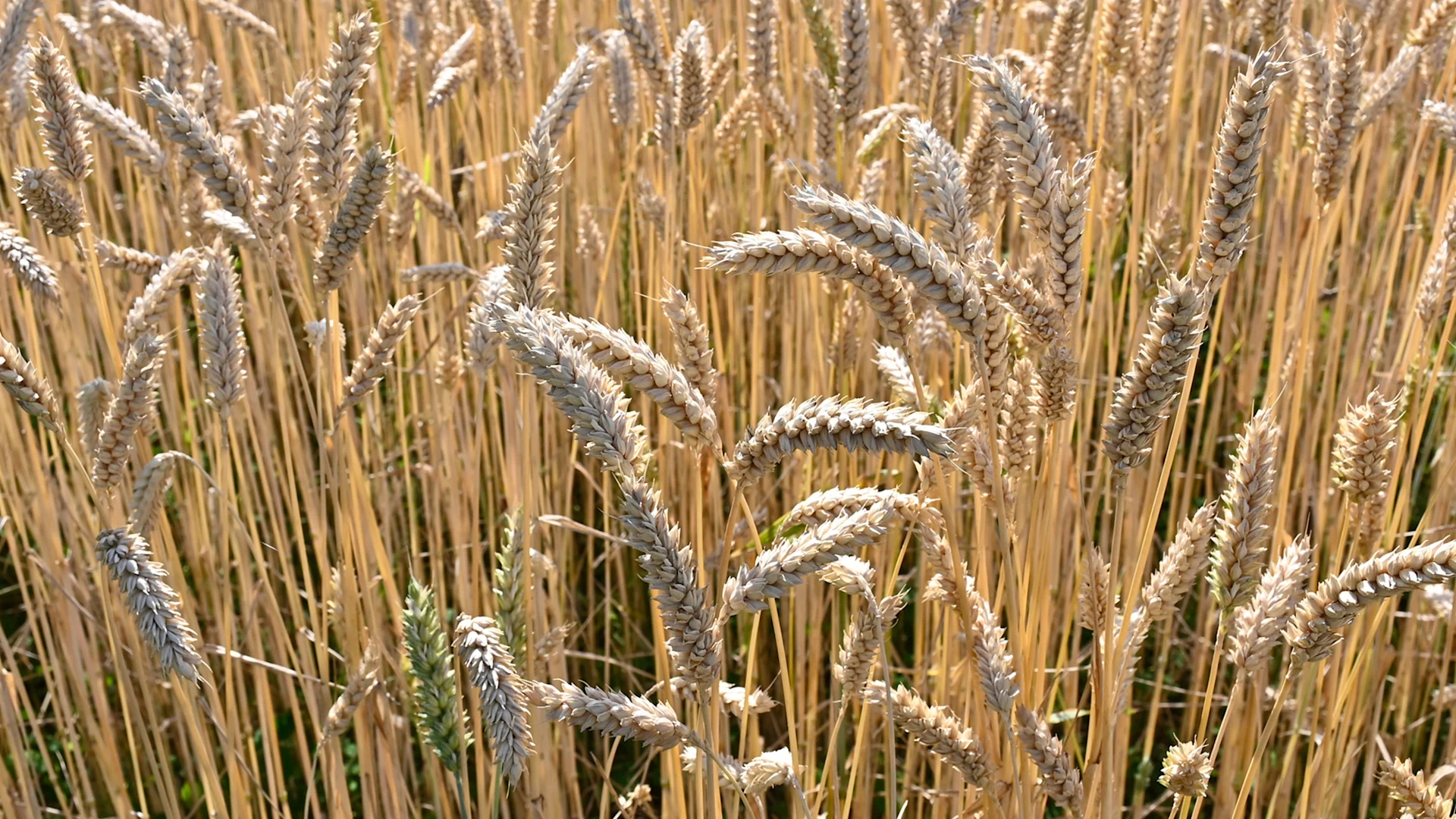
Sustainability
Responsible packaging
Migros is doing all it can to make packaging more sustainable and eco-friendly.
navigation

Sustainability
Bread made from naturally grown IP-Suisse wheat – Fresh Food & Beverage Group (FFB-Group), Migros’ bakery, is committed to completely pesticide-free grain cultivation. And successfully so.
The FFB-Group, Migros’ bakery, has joined forces with IP-Suisse (the Swiss association of farmers practicing integrated production) and participating farmers in a unique project that aims to grow 85,000 tonnes of wheat without the use of pesticides by 2024. The FFB-Group is the largest purchaser of cereals in the Swiss market. Some 85,000 tonnes of cereals are already produced in accordance with IP-Suisse guidelines – equivalent to 90 per cent of the wheat flour the FFB-Group uses.
Through the IP-Suisse guidelines, the FFB-Group has already been looking to bread cereals grown without fungicides, insecticides and growth regulator herbicides for many years. The Migros bakery and its producers raise the bar when it comes to sustainability, meaning that the farmers will also need to stop using herbicides in future. According to the FFB-Group, completely pesticide-free cultivation is one of the biggest changes in Swiss agriculture – for the good of nature, producers and consumers. One particular aim is to strengthen biodiversity above and in the soil.

But pesticide-free cereal cultivation does not just entail dispensing with fungicides, insecticides and growth regulators, it also means doing away with herbicides. Treatment of the seeds, sometimes called «pickling», is likewise not allowed. The project was well prepared and has been able to count on the involvement of several fields of research from the start.
«We accomplish the switch to pesticide-free cereal cultivation thanks to strong and close cooperation,» explains Christian Städeli, Head of Cereal Research at the FFB-Group. Thanks to many years of groundwork and field trials together with Migros, ETH Zurich (Swiss Federal Institute of Technology), HAFL (School of Agricultural, Forest and Food Sciences) and IP-Suisse, it was established that both quality and reliability of supply are ensured.

The FFB-Group teamed up with ETH Zurich to look at the consequences of pesticide-free cultivation based on an agronomic model back in 2017. The three-year field trial the FFB-Group launched together with IP-Suisse and HAFL started in 2018. A postdoc, again in collaboration with ETH Zurich, has been examining the necessary parameters since 2019 by surveying several thousand farmers. The research’s aim of building the “Pesticide-free cultivation” project on an objective data basis has now been achieved. This involved extensively and precisely analysing how the steps taken to achieve pesticide-free wheat cultivation impact weed removal and prevention, use of fertiliser, yields and profit margins.
Cereal breeding is also required – Pesticide-free cultivation has an impact on cereal breeding, of course. We are increasingly looking at breeding resistant, robust varieties. But we are also looking into what combination of different wheat varieties that mutually support each other when growing in the field make sense, for example. «It’s very promising,» explains Christian Städeli. Each farmer also has to look at what crop rotations are suitable for their land. Farmers are trying to minimise losses in yields due to the absence of herbicides by adopting sustainable approaches.
Overall, the project is also making good progress in terms of time – as contractually agreed, 60 per cent of Migros’ volumes were already grown in this quality by the 2023 harvest, which is a great success. It is not yet possible to make a qualified statement about the 2024 harvest. The sowing quantities will be available at the end of February 2024. The definitive quantities, depending on weather conditions, will be available after the 2024 harvest in mid-July.
IP-Suisse was established almost 30 years ago. The «Swiss association for integrally producing farmers» is now one of the main agricultural producer and sales organisations in Switzerland. Around 18,500 IP-Suisse farmers ensure environmentally and animal-friendly food production on their farms to meet daily demand.
IP-Suisse defines the guidelines for sustainable label production, develops and defines programmes of measures to ensure they are adhered to on farms, and arranges for these farms to be inspected by independent institutions. Migros stands alongside IP-Suisse in advocating completely pesticide-free wheat cultivation.
Sustainability is part of our culture and we still have plenty more on our agenda. Learn more about it in our Stories!